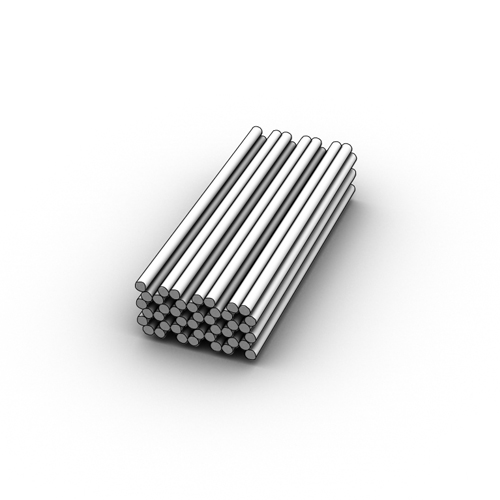Magnesium-free self-assembly of multi-layer DNA objects
02-Oct-2012
Nature Communications, 2012, doi:10.1038/ncomms2095, 3, Article number: 1103 published on 02.10.2012
Nature Communications, online article
Nature Communications, online article
Molecular self-assembly with DNA offers a route for building user-defined nanoscale objects, but an apparent requirement for magnesium in solution has limited the range of conditions for which practical utility of such objects may be achieved. Here we report conditions for assembling templated multi-layer DNA objects in the presence of monovalent ions, showing that neither divalent cations in general or magnesium in particular are essential ingredients for the successful assembly of such objects. The percentage of DNA strands in an object that do not form thermally stable double-helical DNA domains (Tm>45 °C) with the template molecule correlated with the sodium requirements for obtaining folded objects. Minimizing the fraction of such weakly binding strands by rational design choices enhanced the yield of folding. The results support the view that DNA-based nanodevices may be designed and produced for a variety of target environments.











